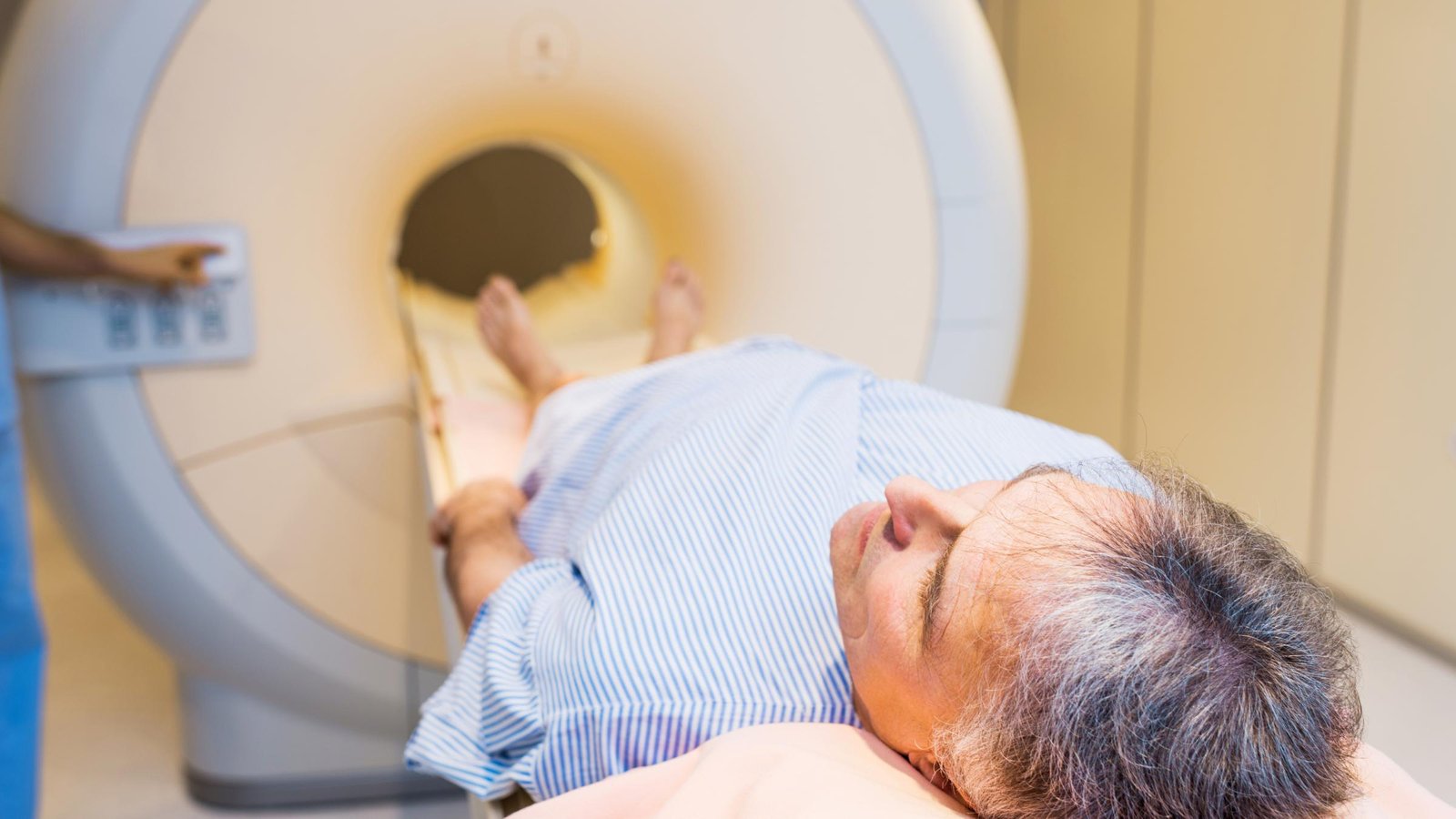Prostate Cancer
Overview
What is the Prostate Cancer?
Prostate cancer is a type of cancer that develops in the prostate, which is a walnut-shaped small gland located near the bladder in men. The prostate gland produces prostatic fluid, which nourishes the sperms. This prostatic fluid combines with the fluid from seminal vesicles to form semen that transports sperms.
epidemiology
Risk Factors
The exact cause of prostate cancer is not known. However, several factors increase the risk of developing prostate cancer. The key risk factors include:
- Age
- Family History
- Diet
Other risk factors include obesity, smoking, alcohol consumption, and ethnicity. Prostate cancer is observed to be more prevalent among African-American and Caribbean men than other races.
Diagnosis
Screening for prostate cancer may help in reducing the risk of prostate cancer or detecting it in its early stages. It is recommended that individuals with a positive family history of prostate cancer and those who are above 50 years old opt for prostate cancer screening annually.


Treatment
The treatment of prostate cancer depends on various factors like the rate at which the cancer is growing, the cancer stage, the overall health of the patient and the patient’s preference. Being a slow-growing cancer, prostate cancer may not need immediate treatment in a few cases. In these cases, prostate cancer is managed through active surveillance and observation.
Through active surveillance, cancer growth is closely monitored with tests like PSA tests, rectal examinations and biopsies at regular intervals. If the test results change, the doctor may suggest opting for treatment options to remove the tumour or contain the tumour growth. Active surveillance is ideal for men with low-risk tumours without symptoms.
Watchful waiting is a form of less-intensive follow-up with a goal to monitor cancer until it has metastasised or has started exhibiting symptoms, and then address it with a suitable treatment modality. Watchful waiting is ideal for older men and those with other life-threatening health conditions.
Localised therapy is meant to treat the cancer cells in a specific site. Localised therapy is useful in treating early-stage prostate cancer that is confined to the prostate gland only.
Surgery
Surgery involves the removal of the prostate and some lymph nodes surrounding the gland through a procedure called radical prostatectomy. Radical prostatectomy is generally performed through one of the followingSystemic therapy aids in the management of metastatic prostate cancer, wherein cancer has spread outside the prostate gland. Systemic therapies act on the entire body and help in treating the cancerous growths wherever they are located, including the ones that are too small to detect.
- Hormone therapy (Androgen-Deprivation Therapy)
- Chemotherap Chemotherapy
- Immunotherapy (Biologic Therapy)

